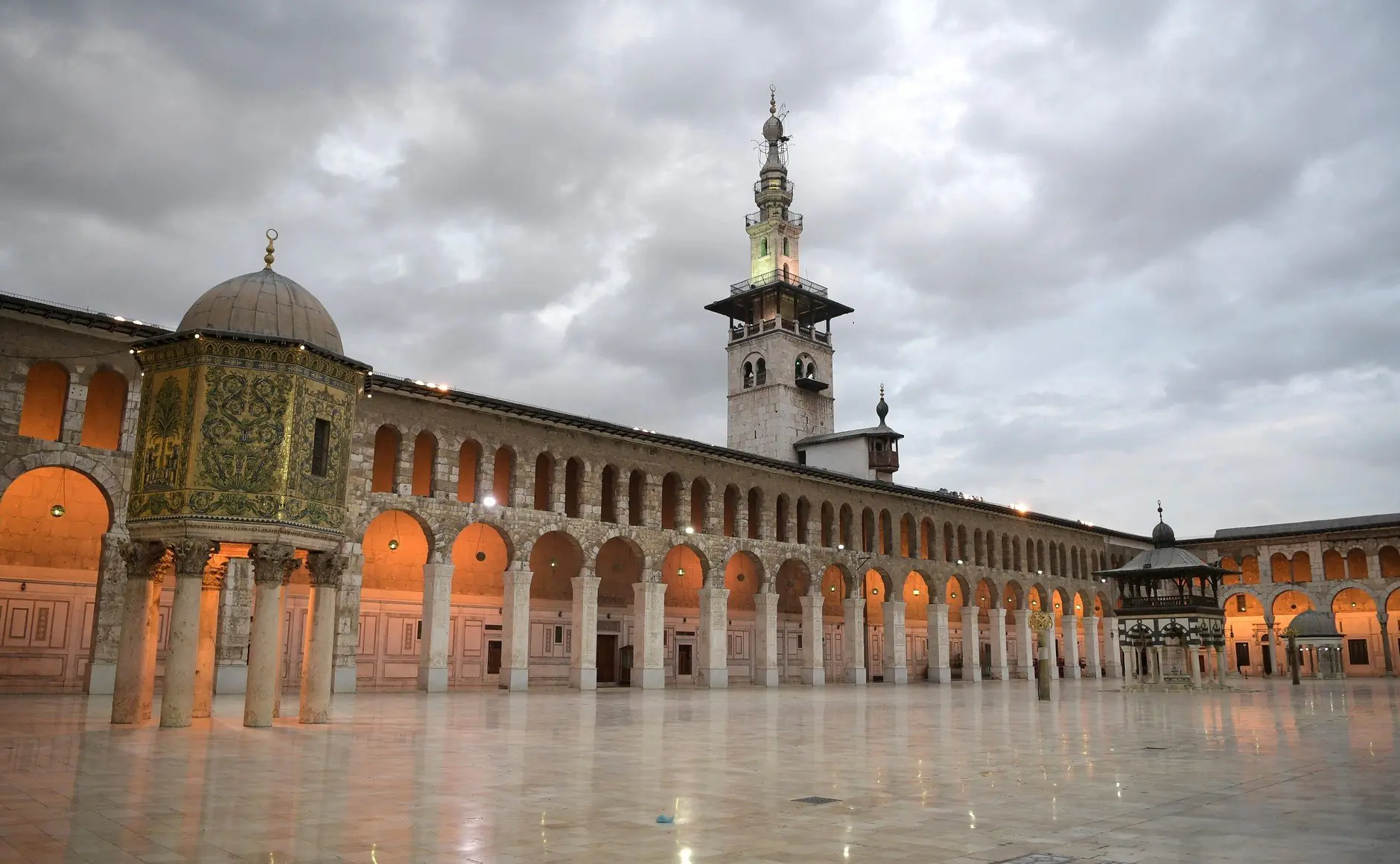The Bayt al-mal is often considered the first formal Islamic finance institution and one of the earliest banks in history. The Bayt al-mal was established in the 7th century and served as a financial institution for the Islamic community. It provided a range of financial services, including the acceptance of deposits, the issuance of loans, and the management of charitable donations. The Bayt al-mal was established by the Caliph Umar, who was the second caliph (successor to the Prophet Muhammad) and ruled from 634 to 644.
The concept of the Bayt al-mal is believed to have been inspired by the Prophet Muhammad’s own financial practices, which were based on principles such as profit and loss sharing and the prohibition of interest. The Bayt al-mal played a key role in the development of the Islamic financial system and served as a model for other financial institutions that emerged in the Muslim world.
The Bayt al-mal operated as a central repository for the funds of the Islamic community and was responsible for managing and distributing these funds according to the needs of the community. It accepted deposits from individuals and organizations, which were used to finance a variety of activities, such as trade, investment, and charitable projects. The Bayt al-mal also issued loans to individuals and organizations, and profits generated from these loans were shared between the lender and the borrower according to a predetermined ratio.
In addition to its role as a financial institution, the Bayt al-mal also served as a public treasury and was responsible for managing the funds of the Islamic state. It collected taxes, administered the distribution of welfare payments, and managed the financial affairs of the state. The Bayt al-mal was overseen by a board of trustees and operated according to strict rules and regulations.
Overall, the Bayt al-mal played a key role in the development of the Islamic financial system and served as a model for other financial institutions that emerged in the Muslim world. Its principles and practices, which were based on profit and loss sharing and the prohibition of interest, continue to be central to the Islamic financial system today. As the shariah expanded over time, new models such as Ijara financing, were built on the foundations set by the Bayt al-mal. Find out more about our sharia home-financing here.
